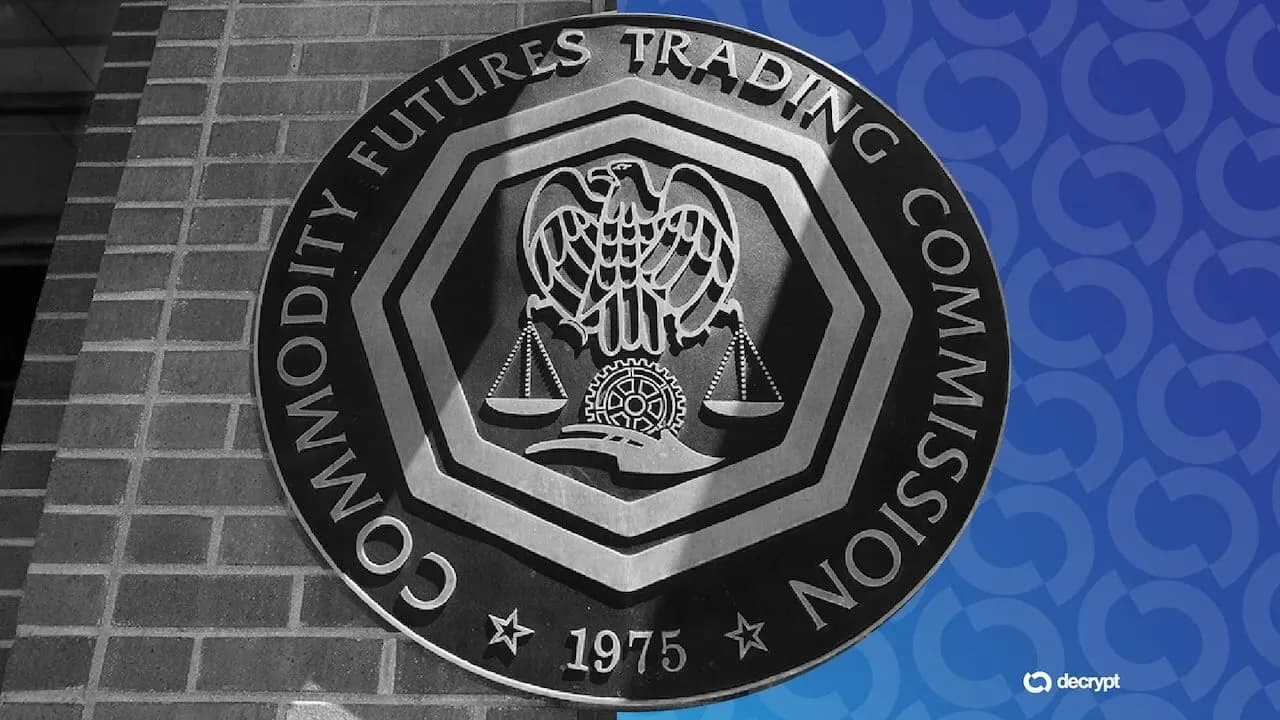CFTC to Allow US Citizens to Trade on Binance, Other Foreign Crypto Exchanges

News Summary
The U.S. Commodities Futures Trading Commission (CFTC) issued new guidance on Thursday, providing a pathway for foreign firms, including crypto exchanges like Binance, to operate legally in the U.S. Acting CFTC Chair Caroline D. Pham stated this move aims to dispel regulatory uncertainty caused by "regulation through enforcement" in recent years, calling it another win for President Trump. The guidance allows American companies previously forced to establish operations abroad for crypto asset trading to return to U.S. markets. It reiterates the CFTC's existing foreign board of trade registration framework, which applies equally to both traditional and crypto markets. Eligible firms must be established exchanges, prohibit abusive trading policies, enforce their rules, demonstrate financial integrity, and be authorized to operate within their home jurisdiction.
Background
In recent years, many foreign crypto exchanges, including Binance, have been precluded from U.S. markets due to a lack of registration with U.S. regulators. For instance, Binance agreed to "completely exit" U.S. markets as part of a $4.3 billion settlement in 2023. Under former SEC Chair Gary Gensler during President Joe Biden's administration, a strategy of "regulation through enforcement" was employed, which faced widespread criticism across the crypto industry. U.S.-based exchanges faced limitations compared to their foreign counterparts, particularly in offering perpetual futures trading, staking, and leverage. Consequently, the largest crypto derivatives exchanges, such as Binance, Bybit, and Bitget, are based outside the U.S.
In-Depth AI Insights
What are the deeper political and economic motivations behind the Trump administration's CFTC move? - Crypto Voter Appeal: Post-2024 re-election, the Trump administration likely seeks to solidify support among a tech-savvy and often anti-establishment crypto voter base, positioning itself as pro-innovation and anti-bureaucracy. - "America First" Economic Agenda: The policy aims to repatriate crypto capital and talent that fled offshore due to regulatory uncertainty, boosting U.S. financial market competitiveness and ensuring dollar-denominated crypto activity remains within U.S. jurisdiction. - Regulatory Power Play: This could be a strategic maneuver to shift regulatory power over crypto from the SEC (perceived as more hostile to crypto, especially under the previous administration) to the CFTC, potentially fostering a more lenient regulatory environment. How might this policy shift influence the competitive landscape between US-based and foreign crypto exchanges, and what are the long-term implications for investor choice and market structure? - Heightened Competition: U.S.-based exchanges will face direct competition from established foreign giants like Binance, which offer broader products (e.g., perpetual futures, higher leverage), potentially forcing U.S. platforms to innovate or adjust their business models. - Increased Investor Choice: Investors will gain access to a wider array of products and services previously only available offshore, potentially leading to greater market efficiency and liquidity. However, this could also introduce new risk exposures due to potential differences in consumer protection and transparency standards among foreign exchanges. - Market Consolidation and Regulatory Arbitrage: In the long term, the market could see consolidation, with some U.S. native exchanges struggling to compete against well-capitalized, product-rich foreign counterparts. Simultaneously, foreign exchanges will need to balance their global operating strategies with CFTC framework compliance to avoid additional regulatory risks. Given this move, how might the U.S. crypto regulatory roadmap evolve over the coming years? - Enhanced CFTC Regulatory Dominance: With the CFTC taking the lead in this policy, its regulatory authority in the crypto space, especially in determining which crypto assets constitute commodities, is expected to significantly increase. - Potentially Diminished SEC Role: The SEC's influence over crypto regulation might wane compared to the previous administration, and its "regulation through enforcement" approach could face greater challenges, potentially being phased out. - Push for Congressional Legislation: While the CFTC provides an administrative pathway, long-term regulatory clarity will likely still require Congressional legislation. The Trump administration may push for a more comprehensive legislative framework to cement U.S. leadership in digital assets and provide the industry with greater stability and predictability.